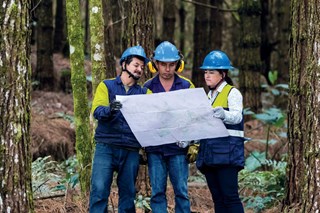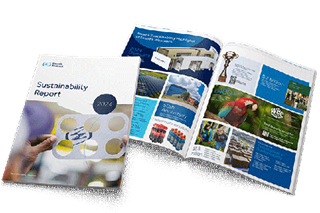Governance and Human Rights

We are committed to strive for the highest standards of corporate governance and ethical business conduct. This commitment is instilled across our business, from the boardroom to the factory floor, and throughout our operations and supply chain.
Human Rights
As a responsible business, we support global human rights and labor standards, and expect that our suppliers also do so. As outlined in the Code, our approach to social citizenship is focused on managing relationships with fellow employees, business partners and host communities in a respectful and socially responsible manner. The Code is supported by our Social Citizenship and Respect policy and the relevant legacy policies which take into account the following international conventions and codes:
- International Labour Organization (ILO) Declaration on Fundamental Principles and Rights at Work (core conventions)
- UN Declaration on Fundamental Human Rights
- Organisation for Economic Cooperation and Development (OECD) Guidelines for Multinational Enterprises
- UN Global Compact





















